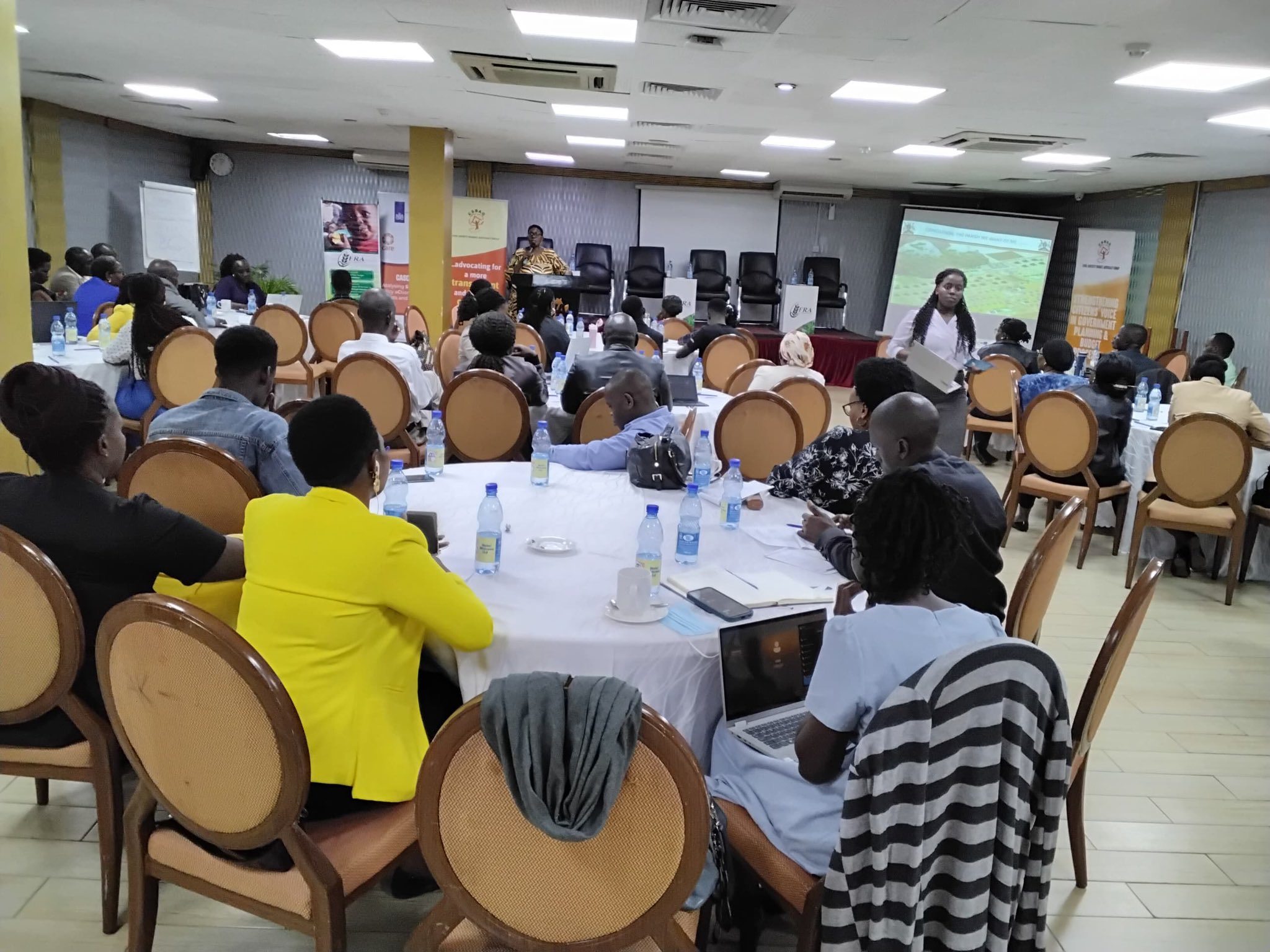
Members of civil society organizations advocating for food security and food safety have rallied the government to set aside Shs141bn to the policy and planning departments to finalize the Food Security Action Plan and Food and Nutrition policy review processes in order to reduce levels of malnutrition and stuntedness.
The Uganda Demographic Health Survey,2022 showed that child stunting in Uganda had significantly reduced to 24.4% from 29% as reported in the survey of 2016 however, this is relatively higher than the World Health Organization recommended standard of 2.3%. There is regional variation in the proportion of children aged 6-23 months receiving the minimum acceptable diet, from 3% in Acholi region to 27% in Ankole region.
As they convened for the post-budget dialogue to discuss Nutrition financing, stakeholders from the Food Rights Alliance and Civil Society Budget Advocacy Group- CSBAG faulted the government for concentrating funding on wrong priorities that don’t address the major problem of malnutrition and stuntedness.
Julius Mukunda the executive director of Civil Society Budget Advocacy Group- CSBAG says Malnutrition costs Uganda Shs1.86tn an equivalent of 5.6% of the country’s GDP but efforts to reduce it are too slow.
Malnutrition and food insecurity has been highly attributed to household poverty. According to UBOS, rural households experience a higher incidence of food poverty compared to urban households, with rates of 47% and 22% respectively in 2019/20.
CSOs have thus called for strengthening Food Security and Nutrition Policy frameworks by allocating UGX 141 billion to the Policy and Planning departments to prioritize the finalization of the Food and Nutrition Policy Review Process, Development of Food Based Dietary Guidelines, and the Food Security Action Plan.
Betty Ethel Naluyima from Uganda Parliamentary Alliance on Food and Nutrition Security who doubles as a woman MP for Wakiso District challenged Ugandans to make use of fertile soils and favorable climate to overcome food insecurity.
According to statistics 40% of Ugandans are food secure, but 23% face acute food insecurity exacerbated by climate change.




